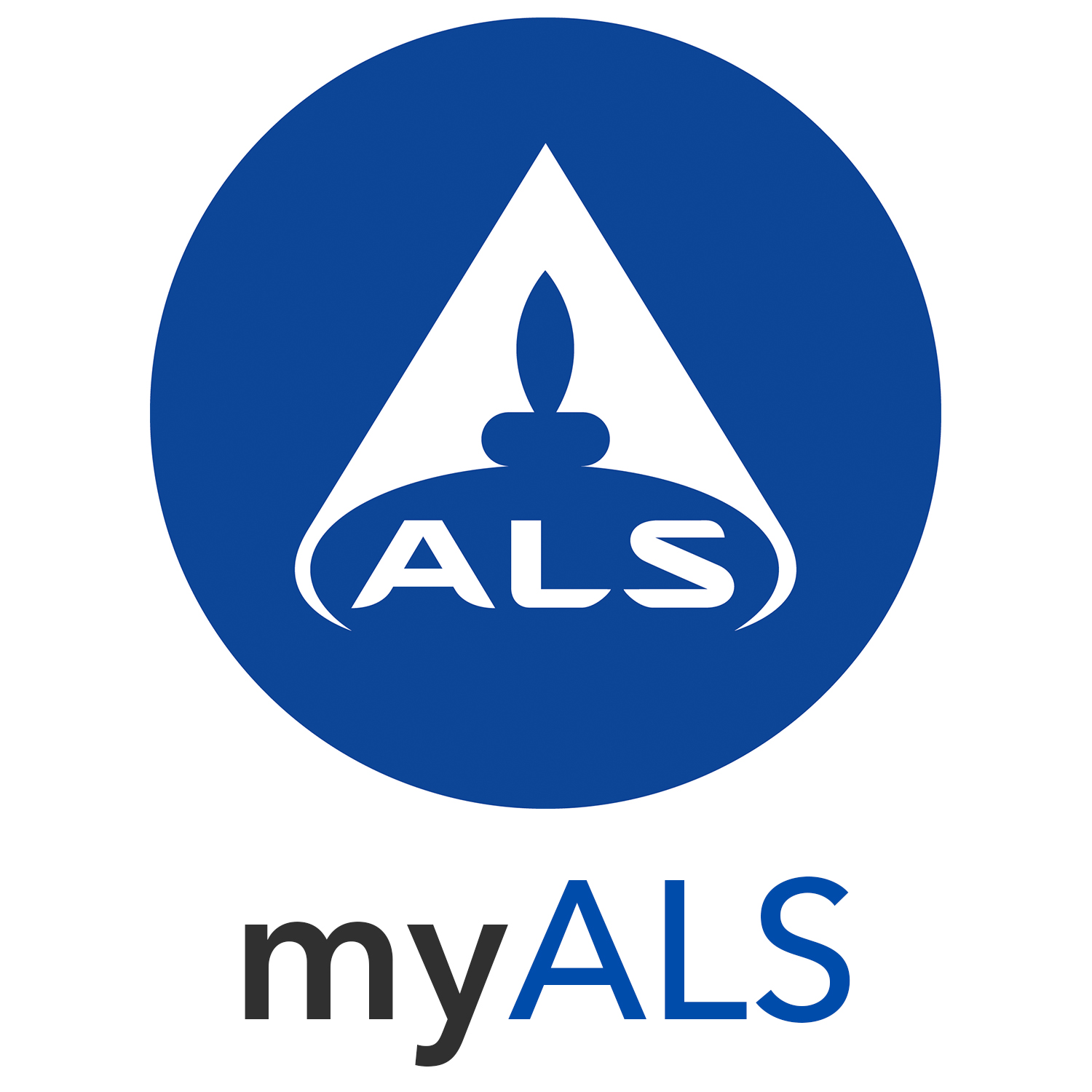New Rapid Stenotrophomonas Method
Jul 23, 2014
 ALS Environmental are proud to be one of the few laboratories in the UK and Ireland to offer an analytical speciation service for Stenotrophomonas species, which are of particular concern to healthcare facilities as they are a common water-borne organism. Although infection by this opportunistic bacteria is rare, cases of Stenotrophomonas maltophila (S. maltophila) are potentially lethal. Following a request from one of our established clients we have developed a rapid technique to confirm and identify the colonies of Stenotrophomonas.
ALS Environmental are proud to be one of the few laboratories in the UK and Ireland to offer an analytical speciation service for Stenotrophomonas species, which are of particular concern to healthcare facilities as they are a common water-borne organism. Although infection by this opportunistic bacteria is rare, cases of Stenotrophomonas maltophila (S. maltophila) are potentially lethal. Following a request from one of our established clients we have developed a rapid technique to confirm and identify the colonies of Stenotrophomonas.
An aquatic, ubiquitous, opportunistic organism, S. maltophila may be a particular burden to healthcare facilities due to the susceptibility of immuno-compromised patients. Although it has no natural infection route to humans S. maltophila infection can be facilitated by contaminated prosthetics such as catheters and intravenous lines. S. maltophila’s resitance to most antibiotics has proved fatal to severely immuno-compromised hosts.
Traditional testing for Stenotrophomonas involves a general screen that produces presumptive results for the prescence of members of the genus. This is usually followed by biochemical tests which indicate whether S. maltophila is present.
ALS Environmental are employing our latest technology in order to produce rapid species level identifications, this means that we do not report presumptive results, but instead provide a full list of the Stenotrophomonas species present in the sample. The full species breakdown for Stenotrophomonas is important as not all species are pathogenic to humans.
ALS Environmentals Microbiology Operations Manager, Pervinder Johal comments
“When our customer first approached us to analyse for Stenotrophomonas we began our research and development into validating a new method for this genus group. By utilising the latest technology we were able to provide a full speciation of Stenotrophomonas in under a month.”
Species of the Stenotrophomonas genus are common in the environment and human infection is rare. However, infection risk of opportunistic pathogens such as the maltophila species of Stenotrophomonas can be elevated in healthcare settings and other environments where immuno-compromised patients, such as in care homes may be exposed. Despite the low infection rate, nomo-social outbreaks of S. maltophila are of increasing concern in modern infection control because it can be difficult to treat effectively as it is resistant to most broad-spectrum antibiotics.
If you would like more information on our analytical service, including the full speciation of Stenotrophomonas, please e-mail us or call 02476 42 12 13.


